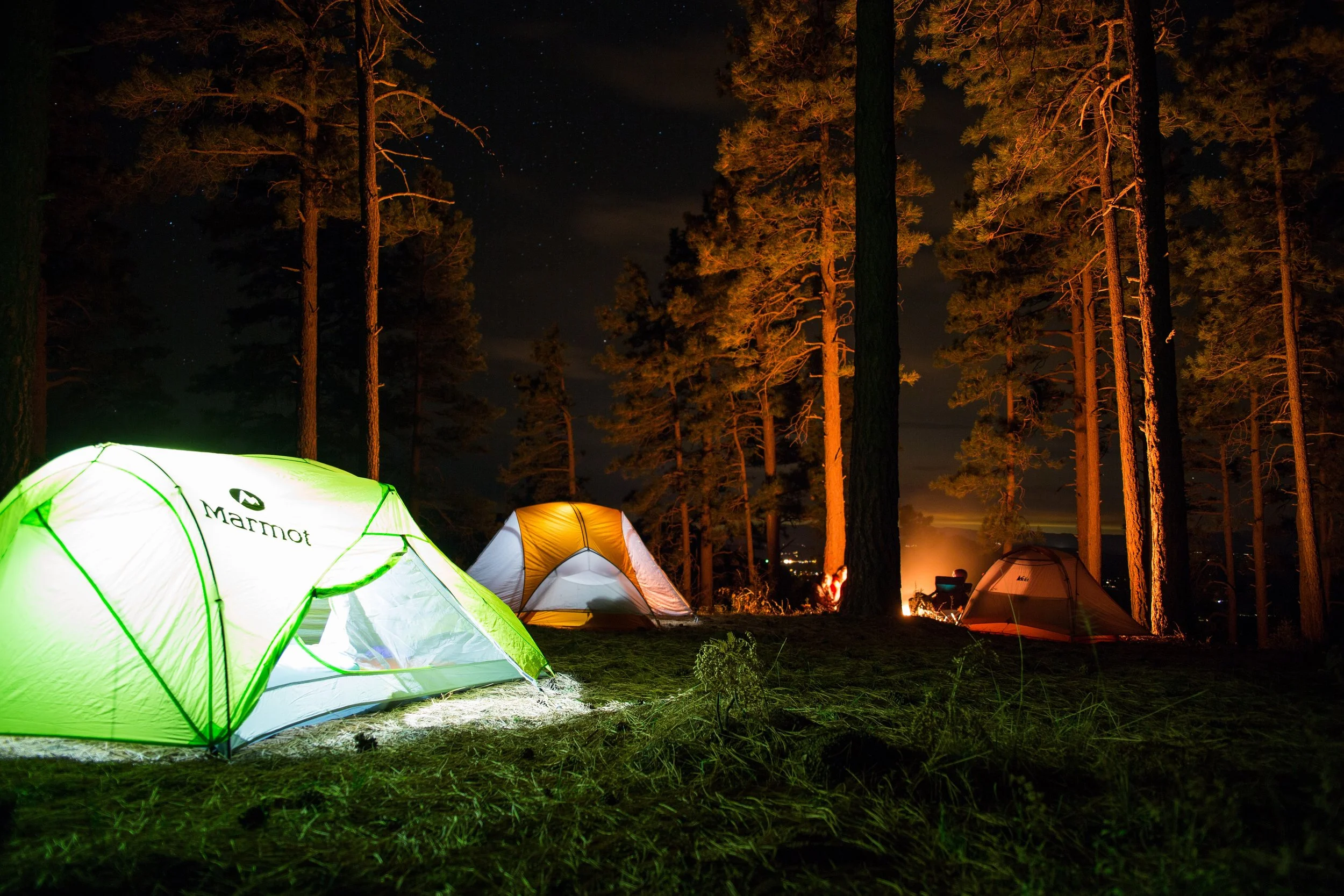Leave No Trace: What Smokers Should Know About It and How to Follow It While Camping
“Leave No Trace” is a familiar phrase you may have seen or heard.
If you're wondering where it comes from, it might help to know that it's actually a principle from the National Park Service that simply asks you to pick up after yourself when camping. However, a USA Today article on Leave No Trace explains that it’s more than this—it’s about minimizing your manmade impact in natural areas. Not only do you have to clean up your campsite before leaving, but you also have to be mindful of your actions, like straying off-trail, during your stay to ensure you’re not harming the environment.
This can be more challenging for smokers, as cigarette use involves lots of waste that can harm plants, wildlife, and fellow campers. Still, following this rule is essential, so you won’t get in trouble with camping ground rules and preserve the land for future generations.
To know more about what this means for smokers and how to follow it while camping, keep reading below:
What should smokers know about Leave No Trace?
It’s easy to tell yourself how you’ll just bring a portable ashtray and contain your cigarette waste for the rest of the trip. That’s where you’re wrong.
This post from California's Department of Health shares that even if you dispose of your cigarettes properly, they release toxic chemicals when you smoke that can make their way into aquatic systems when absorbed by the soil. After all, underground water flows into lakes, streams, and ponds. Moreover, you cannot guarantee that you’ll catch the ashes from your cigarette. Even the tiniest particles can carry toxins from cigarettes, like formaldehyde, that can irritate animals’ eyes and respiratory systems.
Given these, avoiding smoking is the best way to apply Leave No Trace while camping.
How you can Leave No Trace while camping?
Use alternative smoking products
Though avoiding smoking while camping will ultimately help you comply with Leave No Trace, it will likely leave you experiencing withdrawal symptoms like headaches, nausea, and trouble sleeping. To avoid these on your trip, you can try using smoke- and tobacco-free alternatives that won't leave any trace at the camping grounds. Some to consider are nicotine pouches and lozenges.
Nicotine pouches, which are smokeless- and tobacco-free, are small enough to go between your gum and lip for up to an hour, after which you can keep them in the catch lid built into the pouch cans. This site shows that nicotine pouches are easily available to buy online in bulk and you can receive them within 24 hours, so you can easily plan ahead for your trip. Meanwhile, nicotine lozenges melt in your mouth for a slow nicotine release, so you don't need to worry about disposal.
A feature about Perrigo reveals that it will soon release nicotine-coated mint lozenges available in general retailers, like Walmart—convenient if you want to pick them up before heading to the camping grounds.
Bring your own trash bag
Although you’re not smoking, you can still cause environmental harm through improper product waste disposal. Leaving no trace while boondocking reminds us that proper waste disposal includes carrying a bag for your waste to keep from polluting the land and harming animals’ food sources. You can bring a trash bag to keep used nicotine pouches and cans, then dispose of it in the proper bins after leaving the camping grounds. The same goes for nicotine lozenge packaging.
Remember to secure your trash bag inside your tent or backpack, so no animals snoop around and ingest its contents while you're asleep or away.
To further reduce your waste, consider using reusable heavy-duty trash bags. These are washable and can carry wet waste, so you don’t always use plastic bags when camping.
Keeping the camping grounds clean is one way to preserve wildlife and the environment. Knowing how to Leave No Trace as a smoker can help you do your part to protect the outdoors.
For more articles on camping and outdoor life, keep scrolling through our website.

